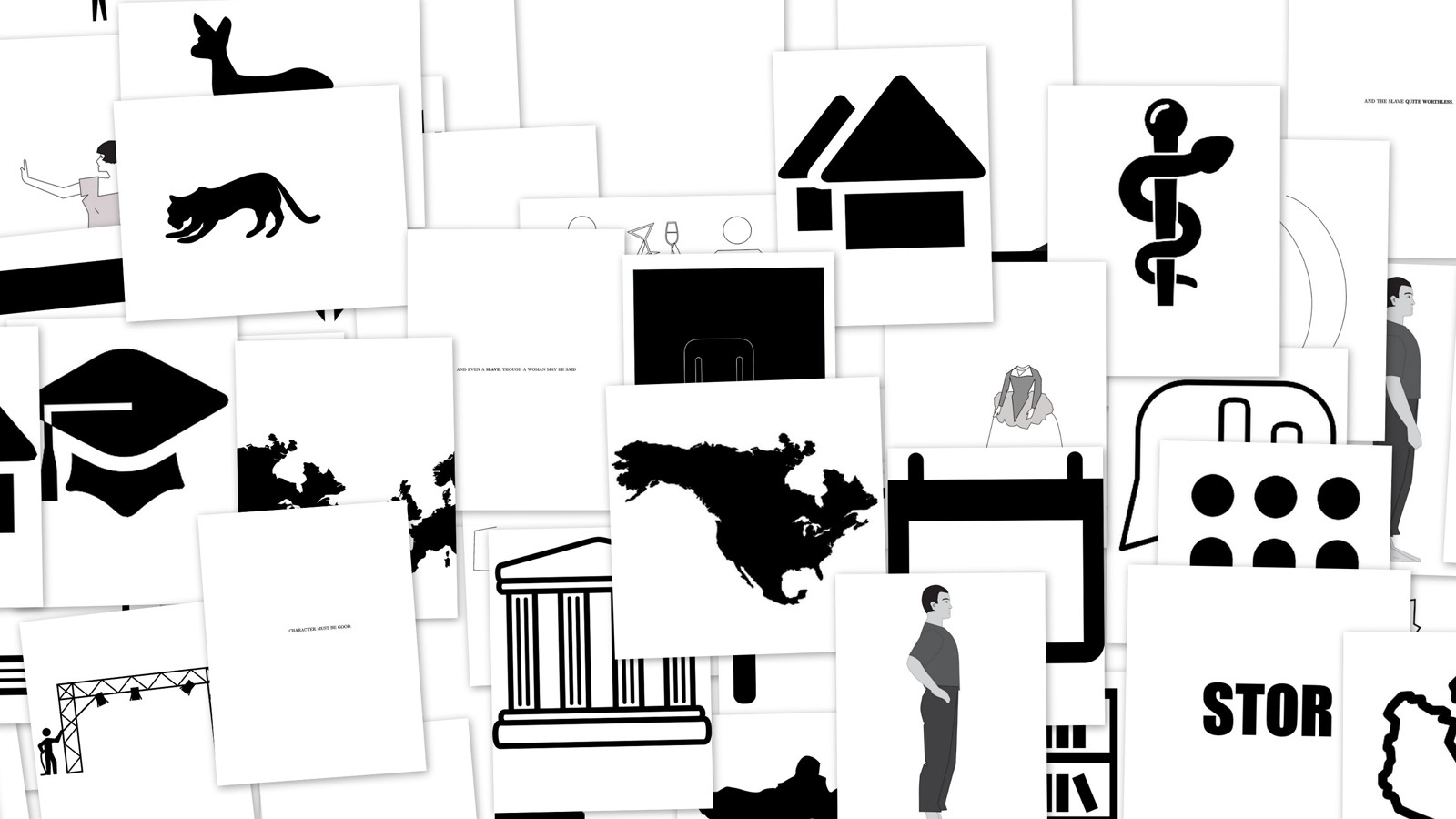Iain Lidstone rarely sees himself reflected in classic theatre works.The transgendered man, a recent Brock University Dramatic Arts graduate, said classical texts don’t often represent diverse gender identities.
Not seeing yourself in such an important medium of expression not only makes it difficult to connect to the art, it also sends a message of exclusion, he said.
Associate Professor David Fancy in the Department of Dramatic Arts believes changing how actors are trained is key in making sure diversity in race, gender, sexuality and physical abilities is represented in the theatre.
“So much well-intentioned theatre and performance in Canada is marked by patriarchal depictions of women and men; of racist depictions of black, indigenous and other bodies; and of ableist depictions of so-called ‘disabled’ bodies,” Fancy said.
He is using a $65,000 grant from the Ontario Ministry of Training, Colleges and Universities to develop an online teaching module exploring elements of diversity in acting training. Thirteen videos are being produced to deal with diversity issues covering racism, sexism and ableism.
Discussions about diverse depictions in theatre, or lack thereof, are uncomfortable and often dismissed, Fancy said.
“A lot of existing actor training is based on old-fashioned assumptions about what a person is, namely white and male. This is just embedded in the unconscious.” David Fancy
“A lot of existing actor training is based on old-fashioned assumptions about what a person is, namely white and male. This is just embedded in the unconscious,” he explained.
But, he said theatre is such a powerful medium it’s important for it to reflect all people. Depictions in theatre matter, he said.
“If we show women to be lesser than men, other-than-white bodies to be lesser than white bodies, gay to be lesser than straight, ‘disabled’ bodies to be lesser than able bodies – even if the playwright tells us to – then we’re just promoting stereotypes our societies have inherited from long histories of injustice and exclusion,” Fancy said.
Lidstone worked as a research assistant on the project and participated in one of the videos led by Kelsy Vivash dealing with diversities in gender and sexuality. In the video, she tackles the subject of transgender visibility in theatre and Lidstone is interviewed.
He said overcoming stereotypes in classic texts is all about how you approach the text and present it. This can start with the actors and how they interpret the character and performance.
Fancy said the 13 videos were written by a wide range of voices, each of them an artist and a thinker.
“It’s theoretical but it’s also artistic,” he said of the videos.
They range from 12-20 minutes long and can be used in and out of the classroom. A website is being created and the videos will be available on YouTube.
“It’s about making acting training more inclusive, more complex and more equitable,” Fancy said.
He said management of the project and its execution included Matt Clare and Giulia Forsythe from Brock’s Centre for Pedagogical Innovation and the help of research assistants Lidstone and Kendra Neaves.
For more information visit www.brocku.ca/diversities-in-actor-training










